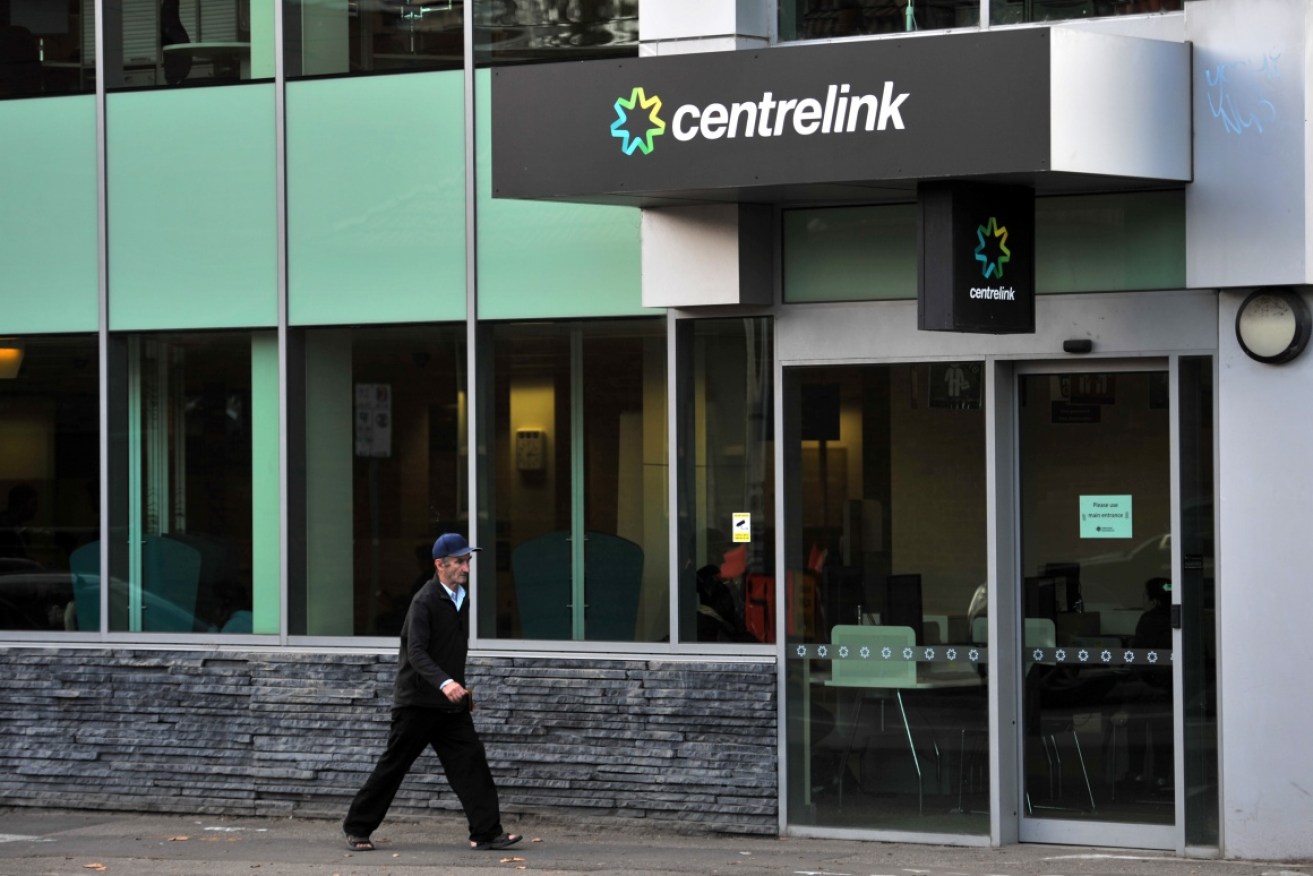Jobs boom is not benefitting the young, low-skilled: Anglicare


The so-called jobs boom is not helping low-skilled workers. AAP
A supposed ‘jobs boom’ is failing to benefit Australia’s least qualified workers, who are finding a massive undersupply of entry-level jobs, a report by Christian charity Anglicare has found.
The research revealed unqualified or inexperienced jobseekers were outnumbering suitable job vacancies at a rate of five to one.
The report, released on Thursday, coincided with the release of upbeat government figures revealing Australia’s unemployment level had hit a four-year low of 5.5 per cent.
But the Anglicare report claimed such rosy jobs figures were obscuring a much darker story at the lower end of the jobs market.
The “dire” findings prompted the charity to recommend sweeping reforms to government policy, including raising the Newstart and Youth Allowance – which it called “dangerously low” – and government intervention in the market to create more low-skilled jobs.
In particular, the charity urged the government to create more entry-level job opportunities in human services sectors such as disability and aged care.
The findings at a glance
In May 2017, Anglicare found there were 124,000 job seekers with no qualifications and/or experience, but just 25,000 entry level – or ‘level 5’ – job vacancies.
That was a ratio of five applicants for every job.
The situation was “particularly dire” in Tasmania, where the ratio was almost 11 to one, the report stated.
It was also bad in South Australia (7.5 to one) and Western Australia (6.9 to one).
The best state in which to be an entry-level jobseeker was the ACT, where there was one job for every 2.3 jobseekers.
Overall, the report found a pronounced drop in the number of level 5 job vacancies over the past seven years. It also found a drop in level 4 jobs – the next level up from entry level – over the same period.
The report found the growing trend towards the “casualisation” of the workforce meant many jobseekers were unable to find “suitable and secure” work.
The solution
Anglicare argued that, left to its own devices, the market would not resolve the undersupply of entry-level jobs. It was therefore up to the public sector to fill the gap.
“The implementation of the National Disability Insurance Scheme (NDIS) and our ageing population has sparked very strong demand for new workers in human services, including for entry level positions,” the report stated.
“The NDIS alone is expected to require an additional 70,000 full-time equivalent positions over the next three years.”
On the subject of jobseeker welfare, Anglicare was unequivocal, labelling current dole payments “dangerously low”.
The standard Newstart Allowance is currently $538.80 per fortnight for a single person – or $13,988 a year. A full-time minimum wage, meanwhile, is more than twice that, at $1389.80 a fortnight, or $36,135 per year (before tax).
The standard Youth Allowance, meanwhile, is $437.50 per fortnight – or $11,375 a year.
“They [the Youth and Newstart Allowance] now trap people into poverty, and are an acknowledged significant barrier in themselves to people finding work,” the report stated.
“This is because the payments for Newstart and Youth Allowance are so low people struggle to meet the basic costs of looking for work such as transport, childcare, and other essentials.”
Anglicare claimed the welfare system had an “orientation towards penalising rather than supporting” jobseekers.
To deal with all these shortcomings, Anglicare called on the government to introduce six key reforms:
- Raise government income payments, such as the Newstart and Youth Allowance.
- Dismantle the “rigid system of mutual obligation and punishment”, with a new focus on “tailored individual support and training”.
- Introduce inclusive employment schemes in human services.
- Provide analysis of other industries and sectors expected to expand and capable of providing entry level job opportunities, and ensure the Jobactive Network is tasked with targeting and realising such opportunities.
- Provide funding to support communities to develop inclusive employment strategies.
- Closely track the status of unemployed people with significant barriers to work.








